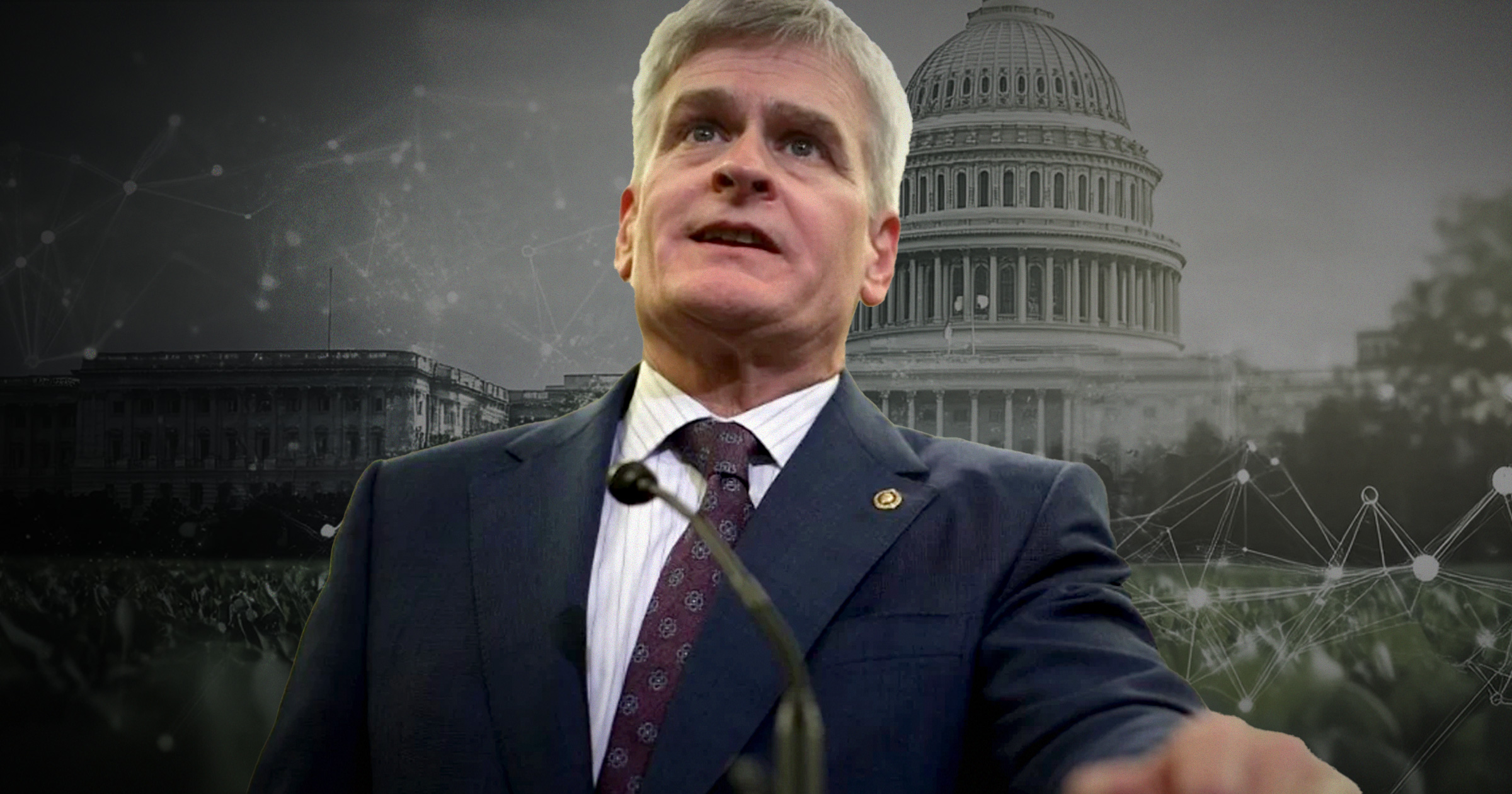The Rise of the Anti-ESG Investing Movement: A Legislative Shift
The landscape of investment strategies is undergoing a significant transformation, particularly with the emergence of the anti-Environmental, Social, and Governance (ESG) investing movement. This shift gained notable momentum last week when U.S. Senator Bill Cassidy, M.D. (R-LA), introduced a bill aimed at prohibiting asset managers from considering ESG factors when evaluating retirement plans. This legislative move has sparked a heated debate about the role of ethical considerations in investment decisions and the implications for millions of Americans.
Cassidy’s Legislative Push
Senator Cassidy, who serves as the ranking member of the Senate Health, Education, Labor, and Pensions Committee, argues that investment decisions should be grounded solely in financial performance. He asserts that asset managers should prioritize maximizing returns for their clients rather than promoting what he describes as a "left-wing political ideology." In his words, “This legislation protects 152 million Americans who depend on a strong retirement to live after their career is over.”
This bill seeks to overturn a rule established by the U.S. Department of Labor two years ago, which allowed asset managers to prioritize ESG factors even if it meant sacrificing potential financial returns. Cassidy’s initiative aligns with a growing trend among several states that have already enacted legislation to restrict or ban ESG considerations in investment decisions.
The State-Level Response
The anti-ESG sentiment is not confined to the federal level. To date, 16 states have enacted laws prohibiting the consideration of ESG factors in pension investments, while nearly 40 states have introduced similar legislation. Some of these laws prevent state and local governments from issuing ESG bonds, and in Florida, the state withdrew approximately $2 billion from BlackRock due to its ESG investment practices.
Cassidy’s previous efforts to combat ESG investing include co-sponsoring a bill aimed at overturning the Department of Labor’s ESG rule, which was passed by Congress but ultimately vetoed by President Biden. This ongoing legislative battle underscores the deepening divide over the role of ESG in investment strategies.
The Cultural Divide
The backlash against ESG investing is largely rooted in cultural and political ideologies. Critics often label ESG practices as "woke capitalism," warning that they promote a covert liberal agenda. This polarization is evident in the political landscape, where support or opposition to ESG investing typically aligns with party lines.
Proponents of ESG investing argue that it offers a necessary counterbalance to traditional shareholder capitalism, which they believe often overlooks the broader societal and environmental impacts of investments. By considering ESG factors, advocates assert that investors can make more informed decisions that align with their values and contribute to sustainable practices.
A Divided Investment Community
The investment community itself is split on the merits of ESG investing. Some financial experts advocate for ESG strategies, citing potential benefits such as improved risk management and better long-term returns. They argue that consumers increasingly demand investments that reflect their ethical beliefs, and ESG investing can serve as a tool to advance climate change initiatives and other sustainability efforts.
Conversely, states like Missouri, South Dakota, and Nebraska have opted against supporting anti-ESG legislation, citing concerns that such measures could jeopardize pension returns for teachers and government workers. Local bankers and Chambers of Commerce have also expressed apprehension about the potential financial repercussions of restricting investment choices.
Nick Cantrell, founder and wealth advisor at Green Future Wealth Management, emphasizes the importance of considering a broader dataset when selecting securities. He argues that ESG investing is compatible with fiduciary responsibility and allows for a more comprehensive evaluation of investment opportunities. Cantrell raises a critical point: should individual investors be forced to invest in companies that conflict with their personal or religious values?
Legal Perspectives on ESG Investing
The legal landscape surrounding ESG investing has also evolved, with courts increasingly viewing it as a matter of free speech. Research from Harvard Business School indicates that companies focusing on sustainability often outperform their peers, while studies from MSCI suggest that firms with high ESG ratings enjoy lower capital costs and higher profitability.
However, the narrative is not universally positive. Some studies, including one published in the Harvard Business Review, have indicated that ESG investors may experience underperformance and may not receive the anticipated benefits from their investments.
Matt Miller, managing director of capital markets at Phoenix Capital Group Holdings, identifies as "wildly anti-ESG," arguing that it introduces subjective criteria into investment decisions that capitalism already addresses. He questions the necessity of allowing others to make personal investment choices on behalf of individuals, suggesting that the movement has strayed from its original intent.
Conclusion
The anti-ESG investing movement, bolstered by legislative efforts like Senator Cassidy’s bill, reflects a broader cultural and political struggle over the future of investment practices in the United States. As the debate continues, the investment community remains divided, with strong arguments on both sides regarding the role of ethical considerations in financial decision-making. The outcome of this legislative push could have far-reaching implications for the investment landscape and the financial futures of millions of Americans. As the conversation evolves, it will be crucial for stakeholders to navigate these complex issues with an eye toward both financial performance and the values that guide investment choices.

